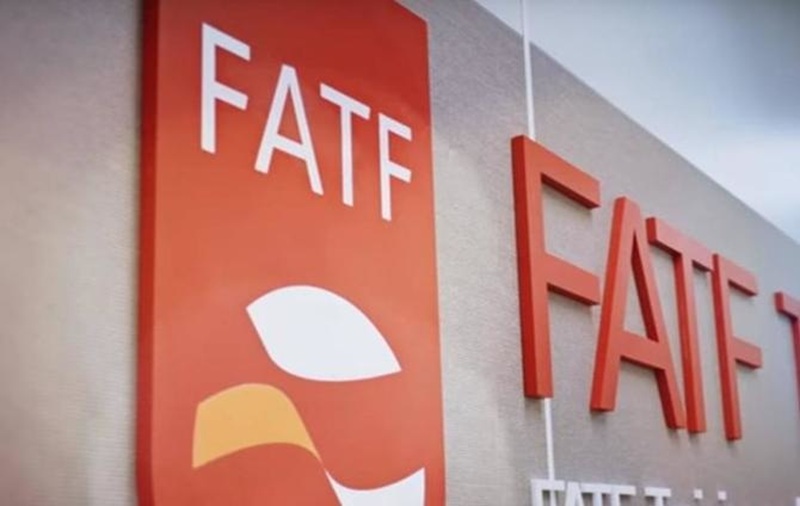Nepal Remains on FATF Grey List: Economic Stability Under Threat AML/CFT Deficiencies Persist
26th October 2025, Kathmandu
The Financial Action Task Force (FATF), the global money laundering and terror financing watchdog, has officially kept Nepal on its “grey list” (Jurisdictions under Increased Monitoring), delivering a serious warning about the country’s insufficient efforts to combat illicit financial flows.
Nepal Remains FATF Grey List
Despite a high-level political commitment to implement reforms by February 2025, the FATF noted that Nepal’s progress remains weak, particularly in the effective implementation of its Anti-Money Laundering (AML) and Countering the Financing of Terrorism (CFT) framework.
The Core Problem: Lack of Effective Implementation
The FATF’s decision highlights a critical gap between Nepal’s legal frameworks and its actual enforcement. While the country has made some legislative progress, the global body stresses that the systems still lack risk-based monitoring and a clear, in-depth understanding of illicit financial threats across key, high-risk sectors.
Key Sectors Under Scrutiny:
Banking: Insufficient risk-based supervision of commercial banks.
Cooperatives: Failure to regulate high-risk cooperatives, which are often cited as major vulnerabilities.
Casinos & Real Estate: Lack of stringent oversight and non-transparency in these sectors makes them ripe for money laundering activities.
The FATF has explicitly called on Nepal to intensify its institutional capacity, legal enforcement, and inter-agency coordination to effectively investigate and prosecute financial crimes.
The Looming Economic Consequences of Grey-Listing
Remaining on the grey list is not a minor technicality; it sends a negative signal to the global financial community and carries significant economic repercussions for the Nepali economy.
| Economic Impact | Description |
| Reduced Foreign Investment | International investors and financial institutions perceive Nepal as a high-risk jurisdiction, leading to limited capital inflows. |
| Increased Transaction Costs | Nepali banks and businesses face higher due diligence requirements (Enhanced Due Diligence – EDD) from international correspondent banks, increasing the cost and complexity of global financial transactions, including remittances. |
| Lower International Credibility | The designation harms the country’s reputation, complicating international trade, development assistance, and securing foreign aid. |
| Banking Sector Scrutiny | Financial institutions in Nepal will face intensified oversight and potential ‘de-risking’ by global partners, where foreign banks cut ties to avoid regulatory risk. |
Experts warn that failure to exit the list quickly could pose long-term challenges to the nation’s financial stability, impacting everything from major infrastructure projects to the daily flow of the country’s vital remittance earnings.
The Way Forward: Nepal’s Action Plan
To exit the grey list, Nepal must demonstrate tangible and measurable progress on its committed action plan. The FATF has set clear milestones focusing on not just passing laws, but showing effectiveness in tackling money laundering and terror financing risks.
Immediate Priorities for Nepal
Deepen Risk Understanding: Improve the national assessment of Money Laundering and Terrorist Financing (ML/TF) threats.
Strengthen Supervision: Implement robust, risk-based supervision of commercial banks and non-financial sectors like real estate agents and dealers in precious metals and stones.
Enhance Enforcement: Increase the number of money laundering investigations and prosecutions, and demonstrate the effective use of legal powers to seize and confiscate criminal proceeds and assets.
The interim government and relevant agencies, including the Financial Information Unit (FIU-Nepal) and the Department of Money Laundering Investigation, must accelerate reforms to restore international confidence and ensure Nepal’s financial system is safeguarded against illicit activities.
Failure to do so risks an even more severe outcome: being moved to the FATF’s “black list.”
For more: Nepal Remains FATF Grey List







